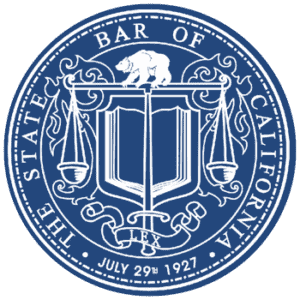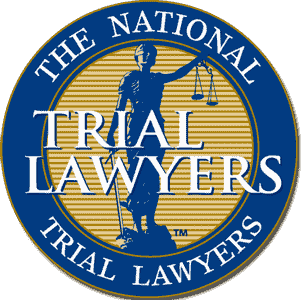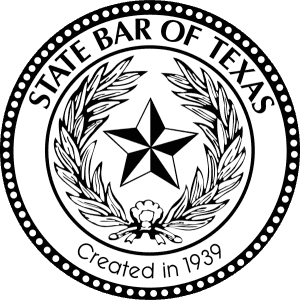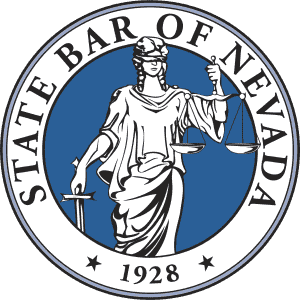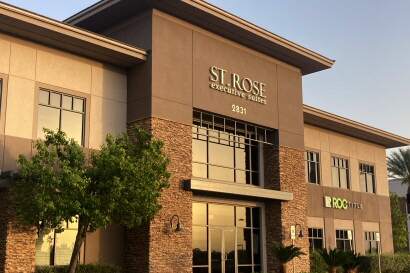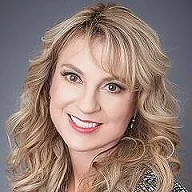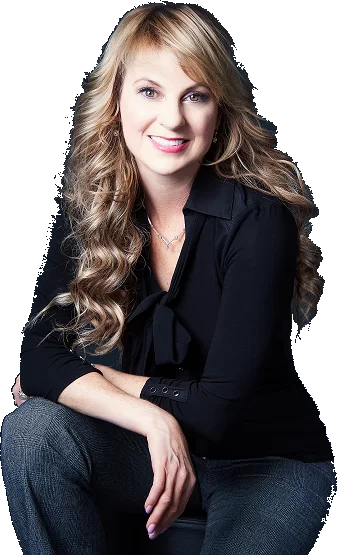Who is going to pay my medical bills when I’m in the accident?
Estimated Reading Time: 8minutes

- Always give the hospital your Health insurance card
- Do not give your car insurance information to the Hospital
- Protect yourself by having your own Underinsured Motorist coverage
- Keep all medical bills and insurance Explanations of Benefits sent to you in a file
- You will need to return the Subrogation forms to your health insurance company
- An attorney can navigate the sea of paperwork required when multiple insurance Policies exist
Being in a serious automobile accident is one of the most traumatic things that will happen to most people in their lives. Panic, nervousness and fear set in and often people are confused, angry and uncertain as to what to do at the time. The prevailing thoughts from our clients are that when someone is in an accident that is not their fault, “everything will be taken care of and they will pay all my bills.” Unfortunately, in the society we live in, and especially in the state of Nevada, this is absolutely not the case. Most of my clients are shocked to hear that drivers are only required by law to carry $15,000 per person and $30,000 per accident on their vehicles. This means that each person who is injured in an accident can only collect $15,000 for their injuries against the insurance company of the other driver. Of course, the other driver is still personally liable for any bills that you may have, but often people do not have those funds or they declare bankruptcy before it is ever paid or it can take years to get a legal judgment.
For this reason, it is extraordinarily important to be wise about your medical bills when you are involved in an accident. If you find yourself at the hospital following an accident, always give your health insurance information, if you are one of the fortunate Americans to have such coverage, to the hospital. The hospital is required by state law to bill your health insurance before they bill anywhere else. Nevada Law states as follows on this issue:
NRS 449.757 Limitations on efforts of hospitals to collect; date for accrual of interest; rate of interest; limitations on additional fees.
1. When a person receives hospital care, the hospital must not proceed with any efforts to collect on any amount owed to the hospital for the hospital care from the responsible party, other than for any copayment or deductible, if the responsible party has health insurance or may be eligible for Medicaid, the Children’s Health Insurance Program or any other public program which may pay all or part of the bill, until the hospital has submitted a bill to the health insurance company or public program and the health insurance company or public program has made a determination concerning payment of the claim.
2. Collection efforts may begin and interest may begin to accrue on any amount owed to the hospital for hospital care which remains unpaid by the responsible party not sooner than 30 days after the responsible party is sent a bill by mail stating the amount that he or she is responsible to pay which has been established after receiving a determination concerning payment of the claim by any insurer or public program and after applying any discounts. Interest must accrue at a rate which does not exceed the prime rate at the largest bank in Nevada as ascertained by the Commissioner of Financial Institutions on January 1 or July 1, as the case may be, immediately preceding the date on which the payment becomes due, plus 2 percent. The rate must be adjusted accordingly on each January 1 and July 1 thereafter until the payment is satisfied.
3. Except for the interest authorized pursuant to subsection 2 and any court costs and attorney’s fees awarded by a court, no other fees may be charged concerning the amount that remains unpaid, including, without limitation, collection fees, other attorney’s fees or any other fees or costs.
(Added to NRS by 2007, 1497; A 2011, 1525)
NRS 449.758 Limitations on efforts of hospital to collect when hospital has contractual agreement with third party that provides health coverage for care provided; exception.
1. Except as otherwise provided in subsection 2, if a hospital provides hospital care to a person who has a policy of health insurance issued by a third party that provides health coverage for care provided at that hospital and the hospital has a contractual agreement with the third party, the hospital shall proceed with any efforts to collect on any amount owed to the hospital for the hospital care in accordance with the provisions of NRS 449.757 and shall not collect or attempt to collect that amount from:
(a) Any proceeds or potential proceeds of a civil action brought by or on behalf of the patient, including, without limitation, any amount awarded for medical expenses; or
(b) An insurer other than a health insurer, including, without limitation, an insurer that provides coverage under a policy of casualty or property insurance.
2. This section does not apply to:
(a) Amounts owed to the hospital under the policy of health insurance that are not collectible; or
(b) Medicaid, the Children’s Health Insurance Program or any other public program which may pay all or part of the bill.
3. This section does not limit any rights of a patient to contest an attempt to collect an amount owed to a hospital, including, without limitation, contesting a lien obtained by a hospital.
4. As used in this section, “third party” has the meaning ascribed to it in NRS 439B.260.
(Added to NRS by 2011, 1524)
You must also understand that you will not know the policy limits of the other driver and your hospital bill can easily exceed the $15,000. Please do not think that the other driver is off the hook if you have health insurance. That is far from the truth. The collateral source doctrine in Nevada as held by the Nevada Supreme Court states as follows :
We now adopt a per se rule barring the admission of a collateral source of payment for an injury into evidence for any purpose. Collateral source evidence inevitably prejudices the jury because it greatly increases the likelihood that a jury will reduce a plaintiff’s award of damages because it knows the plaintiff is already receiving compensation
Proctor v. Castelletti, 112 Nev 88, 911 P.2d 853, 854 (1996).
This means that regardless of who pays your medical bills, the adverse driver is also liable for them and they are not entitled to the reduced rate that your insurance company may have negotiated to resolve those bills. This means, as we are all familiar with, that when your hospital bill comes in and it is $25,000 and your health insurance company pays their negotiated rate of $3,000, the adverse driver is still liable for $25,000 bill. However, if he only has a $15,000 policy, you can at least collect the $15,000 to help compensate for everything that you have been through. This is also one of the reasons it is extremely important to make sure that you are covered through your own policy.
I will have separate blogs on underinsured motorist coverage and uninsured motorist coverage. When you see your declarations page it will list your different coverages including collision, comprehensive, bodily injury, UM/UIM, towing, rental, medical payments coverage (etc.) (all covered in other blogs).
Briefly, Collision coverage is coverage to fix your own vehicle, usually subject to a deductible. Comprehensive Coverage covers damage done to your vehicle from events other than accidents like theft, vandalism, fire, impacts with deer, etc. Comprehensive is not collision coverage but they are generally sold together. Bodily injury coverage is coverage to pay other drivers that you may injure. UM/UIM is coverage that covers you if the other driver is not insured or underinsured. You should always carry UM/UIM coverage.
I never understand why agents would recommend to clients that they cover themselves less than they cover other drivers on the road. In fact, in Nevada, insurance companies must offer you this coverage and if you reject uninsured /underinsured coverage you must sign a waiver that the insurance company must produce at a later time in the event of a claim that you knowingly rejected this coverage.
I highly recommend that you carry underinsured and uninsured coverage to protect yourself. Unfortunately, the Nevada state legislature does not protect our drivers. Nevada is one of the lowest bodily injury coverage states in the country. Only Florida, Ohio, Oklahoma, Mississippi and Louisiana have lower limit requirements. South Carolina, Pennsylvania, New Jersey, Delaware, California and Arizona also have $15,000.00 state minimum requirements.
By contacting a lawyer immediately, you can receive the most money for your vehicle. At my office, we are happy to handle the health insurance company’s subrogation claim for you. Having worked for the insurance company as an attorney for 9 years before opening my boutique law firm specializing in helping injured people, I reviewed thousands of medical claims. With extensive experience in the insurance field, I can help you review your coverages to maximize the money you receive.
At the Law Offices of Laura Hunt we are here to help you and your family in the event that accidents and tragedies occur. For any of your legal needs, do not hesitate to contact our offices. The Law Offices of Laura Hunt is a boutique, family owned law firm in Henderson that specializes in helping injured people and the community with legal issues involving auto accidents, wrongful deaths, slip and falls, truck accidents, injuries to children, bicycle accidents, dog bites, and all types of injury claims. Please do not hesitate to call us anytime you have a legal question or you or a loved one has sustained an injury at 702-450-(HUNT) 4868.


